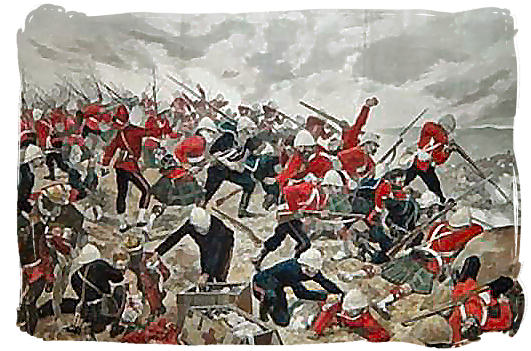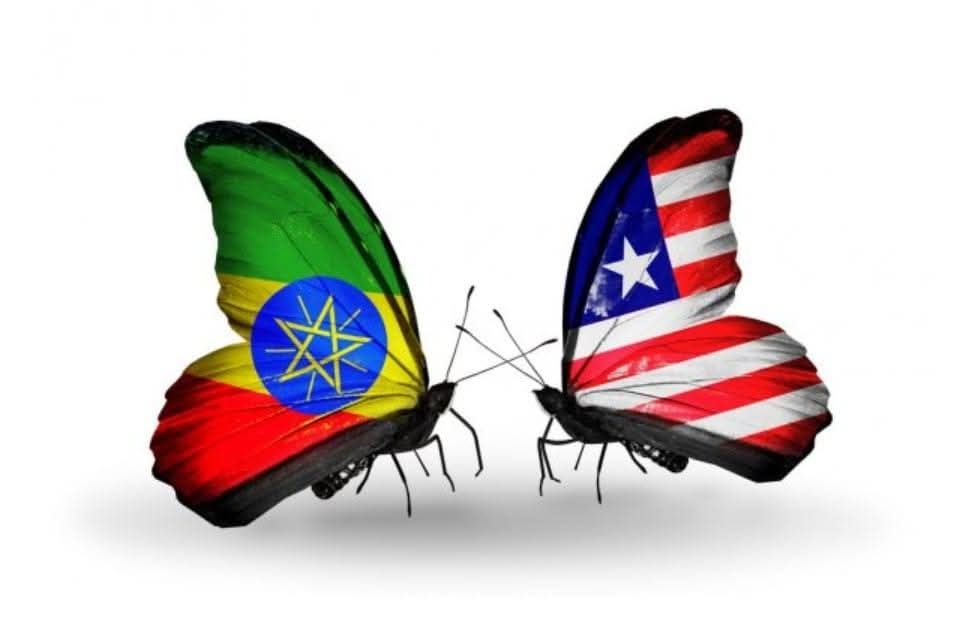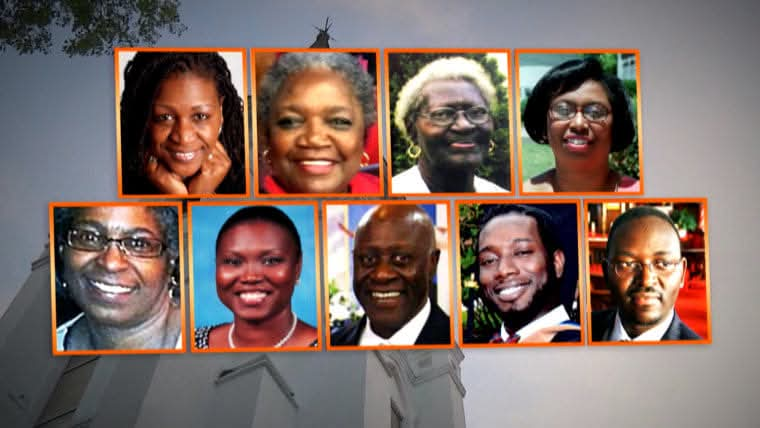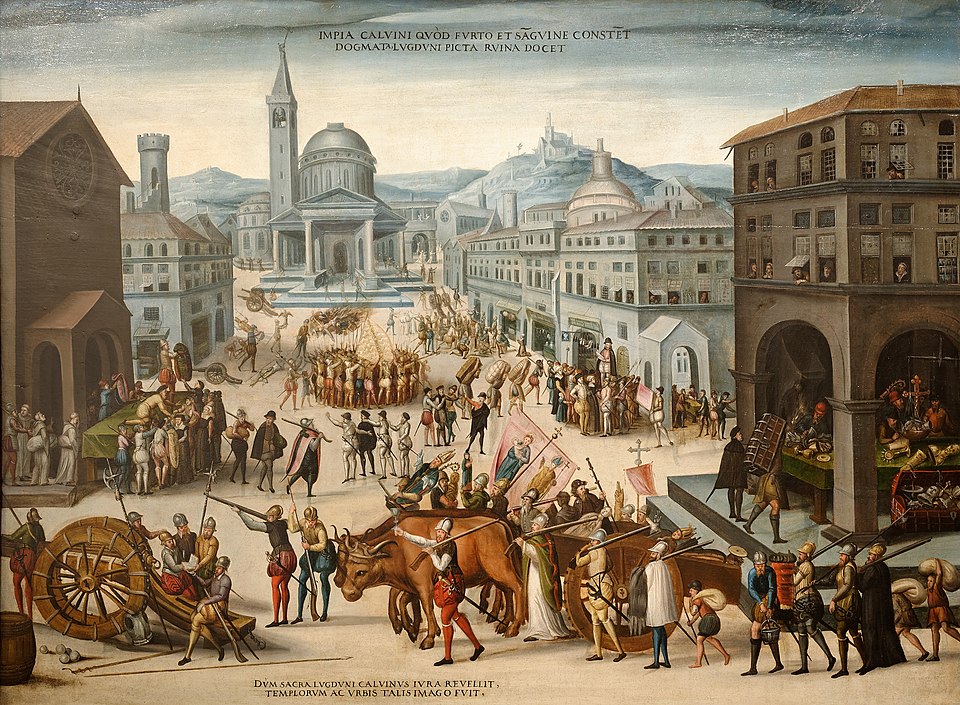The Boer War, the Treaty of Vereeniging, and the Creation of the Union of South Africa

Did you know that the Boer War was the longest, the most expensive, and the bloodiest conflict fought by Britain between 1899 and 1902, and that resulted in the death of more than 17,000 British and 26,000 Afrikaner women and children?
The Boer War (also known by different names such as the Second Boer War, the Anglo–Boer War, or the South African War) is a conflict fought between the British Empire and the two Boer Republics of South African Republic and the Orange Free State, over the former's influence in Southern Africa from 1899 to 1902.
Following the discovery of gold deposits in the Boer republics, there was a large influx of "foreigners", mostly British from the Cape Colony. They were not permitted to have a vote, and were regarded as "unwelcome visitors", invaders. This led to them protesting to the British authorities in the Cape. When negotiations failed, it led to the opening stages of the war wherein the Boers launched successful attacks against British outposts before being pushed back by imperial reinforcements.
Boer politicians, including President of the South African Republic Paul Kruger either fled the region or went into hiding; the British Empire officially annexed the two republics in 1900. In Britain, the Conservative ministry led by Lord Salisbury attempted to capitalise on British military successes by calling an early general election, which was dubbed by contemporary observers a "khaki election". However, numerous Boer fighters took to the hills and launched a guerrilla campaign against the British occupational forces, becoming known as bittereinders. Led by prominent generals such as Louis Botha, Jan Smuts, Christiaan de Wet, and Koos de la Rey, Boer guerrillas launched a campaign of hit-and-run attacks and ambushes against the British, which would continue for two years.
The Boer guerrilla campaign proved difficult for the British to defeat, due in part to British unfamiliarity with guerrilla tactics and extensive support for the guerrillas among the civilian population in the Boer Republics. In response to continued failures to defeat the Boer guerillas, British high command ordered several scorched earth policies to be implemented as part of a large scale and multi-pronged counterinsurgency campaign; a complex network of nets, blockhouses, strongpoints and barbed wire fences was constructed, virtually partitioning the occupied republics.
British troops committed several war crimes and were ordered to destroy farms and slaughter livestock to deny them to Boer guerillas. Over a hundred thousand Boer civilians (mostly women and children) were forcibly relocated into concentration camps, where 26,000 died of various causes, mostly starvation and disease. Black Africans in the same areas were also interned in concentration camps as well to prevent them from supplying the Boers; 20,000 died in the camps as well, largely due to the same causes as in the case of their Boer counterparts.
In addition to these scorched earth policies, British mounted infantry units were deployed to track down and engage individual Boer guerilla units; by this stage of the war, all battles being fought were small-scale skirmishes. Few combatants on either side were killed in action, with most casualties coming via disease. Lord Kitchener began to offer generous terms of surrender to remaining Boer leaders in an effort to bring an end to the conflict.
The war had three phases. In the first phase, the Boers mounted preemptive strikes into British-held territory in Natal and the Cape Colony, besieging the British garrisons of Ladysmith, Mafeking, and Kimberley. The Boers then won a series of tactical victories at Stormberg, Magersfontein, Colenso and Spion Kop.
In the second phase, after the number of British troops greatly increased under the command of Lord Roberts, the British launched another offensive in 1900 to relieve the sieges, this time achieving success. After Natal and the Cape Colony were secure, the British army was able to invade the Transvaal, and the republic's capital, Pretoria, was ultimately captured in June 1900.
In the third and final phase, beginning in March 1900 and lasting a further two years, the Boers conducted a hard-fought guerrilla war, attacking British troop columns, telegraph sites, railways, and storage depots. To deny supplies to the Boer guerrillas, the British, now under the leadership of Lord Kitchener, adopted a scorched earth policy. They cleared vast areas, destroying Boer farms and moving the civilians into concentration camps. Some parts of the British press and British government expected the campaign to be over within months, and the protracted war gradually became less popular, especially after revelations about the conditions in the concentration camps (where as many as 26,000 Afrikaner women and children died of disease and malnutrition).
Eager to ensure their fellow Boers were released from the concentration camps, the majority of Boer commanders accepted the British terms and finally surrendered on Saturday, 31 May 1902, with 54 of the 60 delegates from the Transvaal and Orange Free State voting to accept the terms of the peace treaty. The British terms was known as the Treaty of Vereeniging, and under its provisions, the two republics were absorbed into the British Empire, with the promise of self-government in the future. The former republics were transformed into the British colonies of the Transvaal and Orange River, and in 1910 were merged with the Natal and Cape Colonies to form the Union of South Africa, a self-governing dominion within the British Empire.
The war had a lasting effect on the region and on British domestic politics. For Britain, the Second Boer War was the longest, the most expensive (£211 million, £202 billion at 2014 prices), and the bloodiest conflict between 1815 and 1914, lasting three months longer and resulting in more British combat casualties than the Crimean War (1853–1856). Disease took a greater toll in the Crimean War, claiming 17,580 British.
Source: Wikipedia
#penglobalhistory



